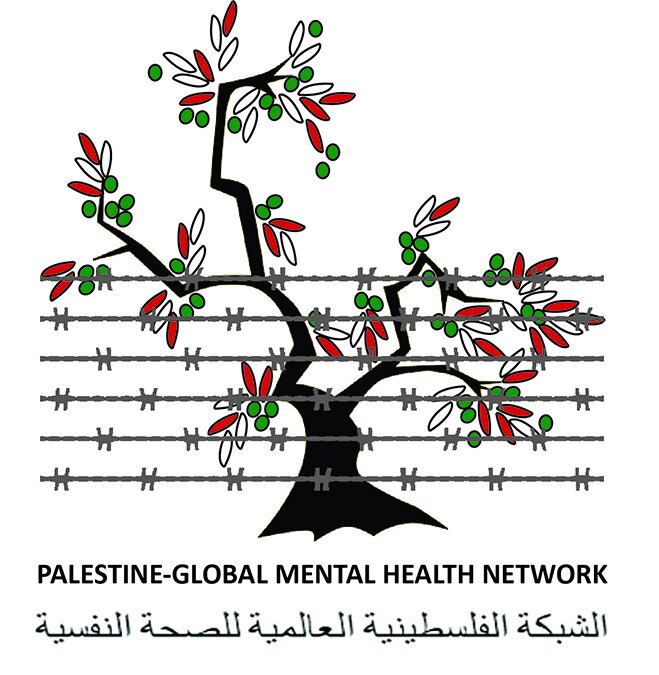Caring for survivors
New report reveals mental health Impact on Gaza
Gaza’s largest independent mental health organization, the Gaza Community Mental Health Programme (GCMHP), is today issuing a report on how the people of the Gaza Strip have been coping with nine months of military aggression, siege, displacement and severe violations of human rights.
“Nine Months of Israel’s War on Gaza: the Mental Health Impacts and the GCMHP’s Response” stresses the urgent need to restore safety and some possibility of hope and recommends that psychological support is made a top priority and an essential part of humanitarian aid to the Gaza Strip.
The report is based on clinical data gathered by mental health professionals who have sustained the GCMHP’s work despite the destruction of two out of its three clinics, the damage to a third, and the losses experienced by its staff.
It draws attention to different levels of trauma from the destruction of homes, the loss of multiple family members, repeated displacements, abuse, and torture in Israeli prisons and the impact of starvation and malnutrition. It describes the devastating psychological impacts on Gaza’s youngest citizens, many of whom are orphaned, many severely wounded and whose whole experience of childhood is so severely compromised.
GCMHP teams have provided Psychological First Aid (PFA) to victims of complex trauma visited in tents and shelters. They report high levels of helplessness and despair, severe psychosomatic symptoms, and detail the impact on Gaza’s children of loss and constant terror and uncertainty. The report uses individual narratives and children’s drawings to bring home both the enormity of suffering and the powerful human bonds that this essential focus on mental health reveals.
In this sea of need, some who develop serious mental disorders are now receiving professional treatment from GCMHP. But without safety in the form of a permanent ceasefire and adequate access to medications, the staff is limited in what it can accomplish.
“People need to feel that they are safe for the society to be reconstructed”, the report emphasizes. It underlines too the society’s need for hope and urges the international community “to undertake supporting people in reconstructing their homes and work to ensure that they have a future.”
The report, which is available here, will be discussed at a webinar on Saturday, August 3, 2024, at 5:00 pm Palestine time. Further information on the Webinar will be available soon.
*****

